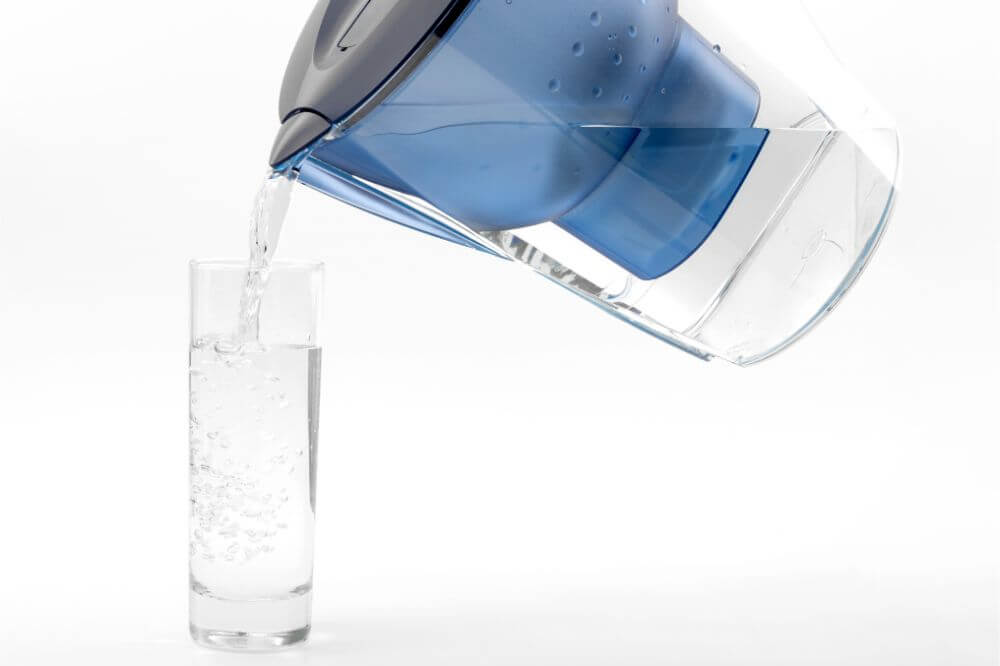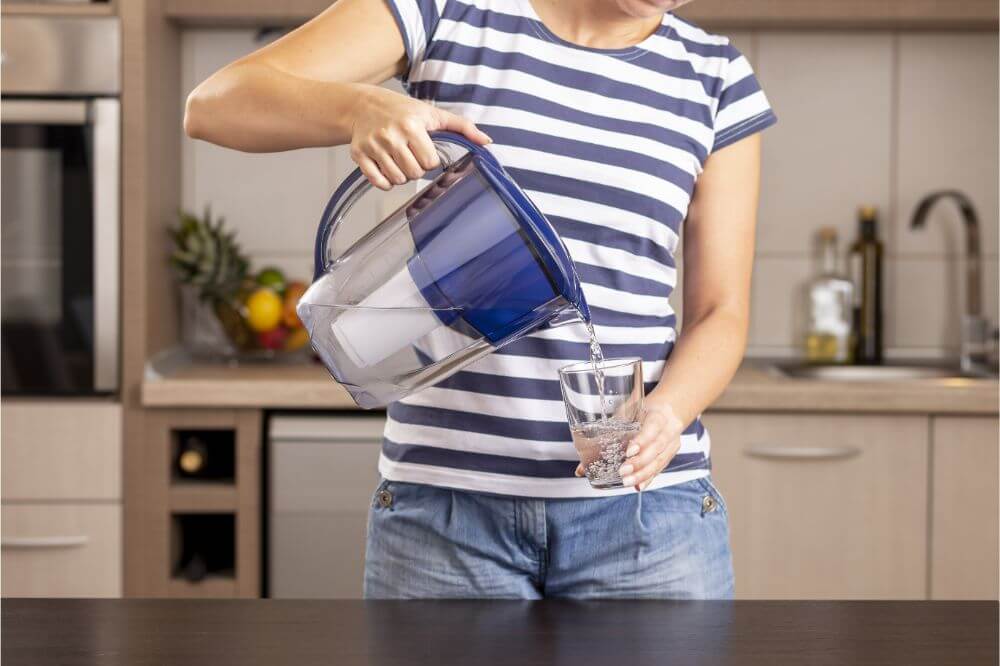If you own your home, something that you probably want is a good water filtration system. After all, water can be full of thousands of chemicals, toxins, and impurities, none of which you want to put in your body.
For this reason, an excellent whole home water filtration system is something to look into, an efficient treatment system that can remove those unwanted substances.
With all of that said, you need to consider what the resulting water should be in terms of acidity. Is filtered water alkaline or acidic? Let’s find out.
Alkaline vs. Acidic
Before we can determine whether filtered water is acidic or alkaline, it would probably help if you knew the difference. Water acidity is measure on a scale of 1 to 14, known as the pH scale, with 1 being extremely acidic, 7 being neutral, and 14 being very basic/alkaline.
If we are talking about water filtration, if we refer to alkaline water, a pH level of 8 to 10 is meant.
In terms of your health and plumbing, what’s the difference between acidic and alkaline water?
Health Concerns
Your body needs minerals, so you can assume that alkaline water is much healthier than acidic water. For one, acidic water can cause upset stomachs and heartburn, among other things.
Alkaline water is healthy due to its mineral content. However, be aware that there is such a thing as too much of a good thing. The bottom line, alkaline water has health benefits, while acidic water really doesn’t (at least not for the most part). What are the health benefits of alkaline water?
- The body is better able to absorb alkaline water, thus allowing for better hydration
- Alkaline water is said to have detoxifying properties to remove various substances from your body
- Alkaline water is also said to help improve organ and immune system function, and it may even help you lose weight
- Those minerals in alkaline water are also healthy for your skin and hair
- Alkaline water can be good for people who suffer from lots of stomach acid problems
Your Plumbing
Keeping in mind that alkaline water is healthier to consume than acidic water, it needs to be pointed out that slightly acidic water is better for your pipes and fixtures. Alkaline water can also be called hard water, as it contains many minerals.
Hard water is not good for your pipes and appliances, as it can cause staining and clogging. As we will touch on later, it’s best to mineralize (make more alkaline) your water after it has been filtered, after it comes out of your pipes.

Filtered Water is Usually Acidic (or Unaffected)
When it comes to the question of the day, the answer is that, for the most part, filtered water tends to be more acidic than alkaline. It will depend on the initial pH level of the water before filtration and the type of filtration being used.
For instance, sediment filters will remove a few minerals from the water, thus not affecting pH very much. This also tends to be the case with carbon filters, which don’t affect the pH level. In both cases (carbon and sediment filters), the water will generally have the same pH level as before filtration, so this could go either way.
However, one type of water filtration that will make your water acidic is reverse osmosis. The reverse osmosis process removes virtually all minerals from the water and makes it very acidic and soft. Now, this is not to say that water filtered via reverse osmosis cannot be alkalinized afterward.
Making Filtered Water Alkaline
If you want your whole home to have clean and filtered water, and you want it to be highly alkaline for health, but you don’t want your pipes being affected by hard water, then there is one good way to go.
For the cleanest water, get a reverse osmosis system, but don’t re-mineralize it until it comes out of your tap, so it doesn’t affect your pipes. In other words, use a small ionizer or alkaline filter for post-faucet alkalinization.
Conclusion
Now you have everything you need to know about the acidity of filtered water and how that mineral content affects your health and your home’s plumbing. The bottom line is that you want those healthy minerals in your drinking water.

